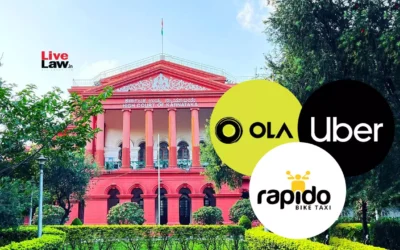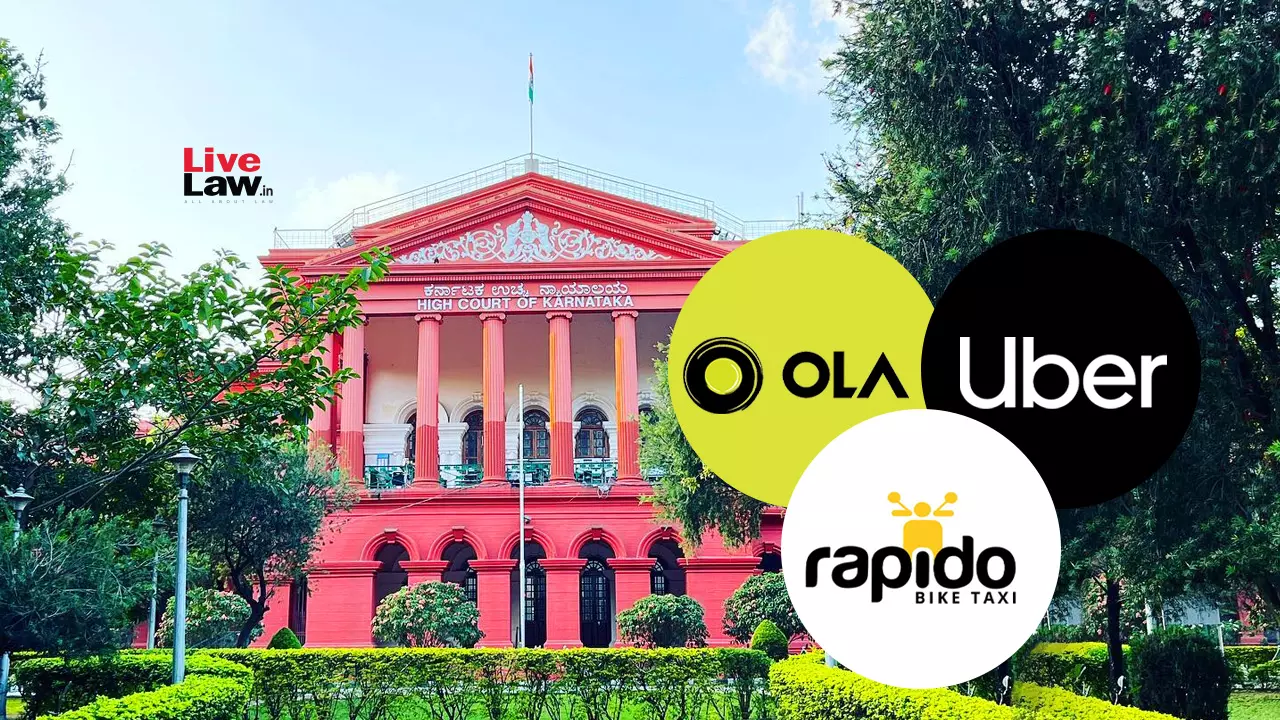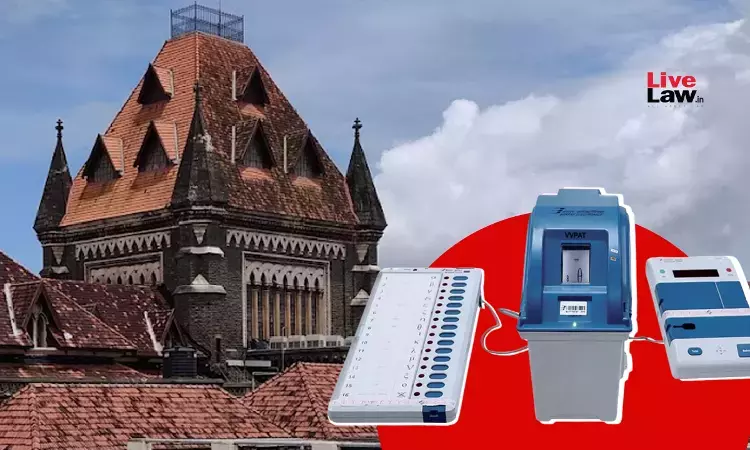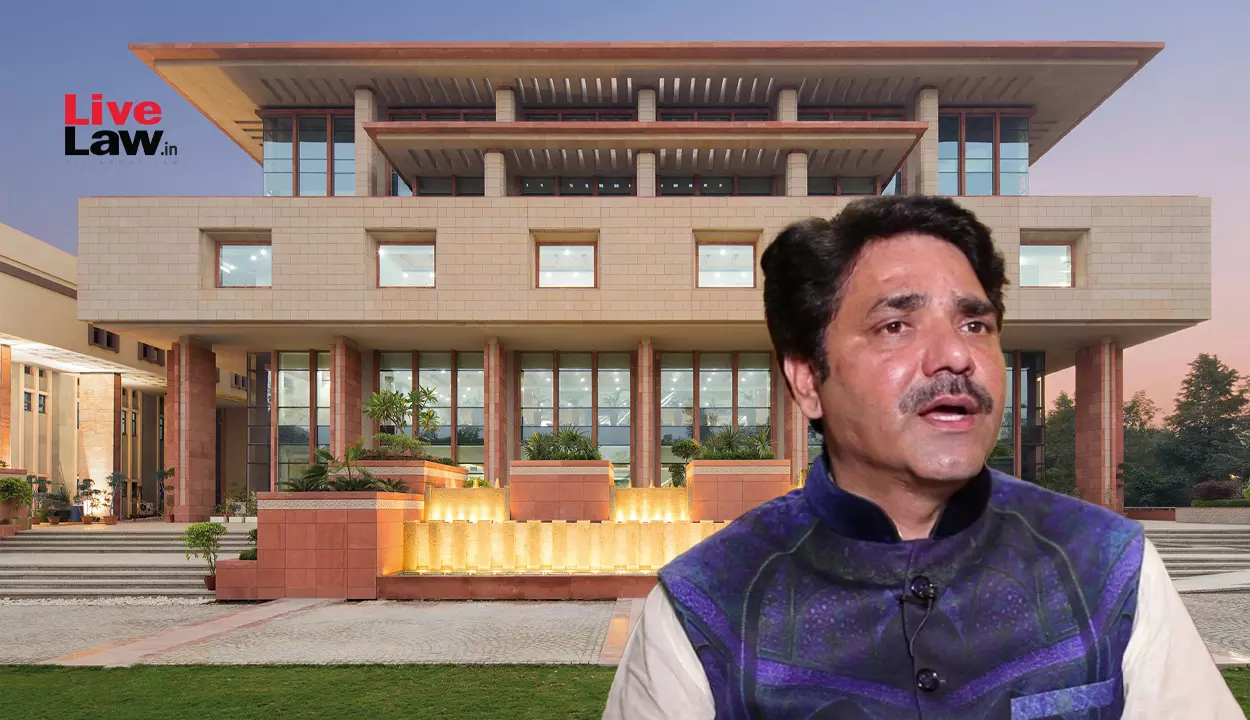Madras High Court Delivers Split Verdict On Alleged Animal Sacrifice By Sikkandar Badhusha Dargah Members On Thiruparankundram Hill, Places Matter Before CJ
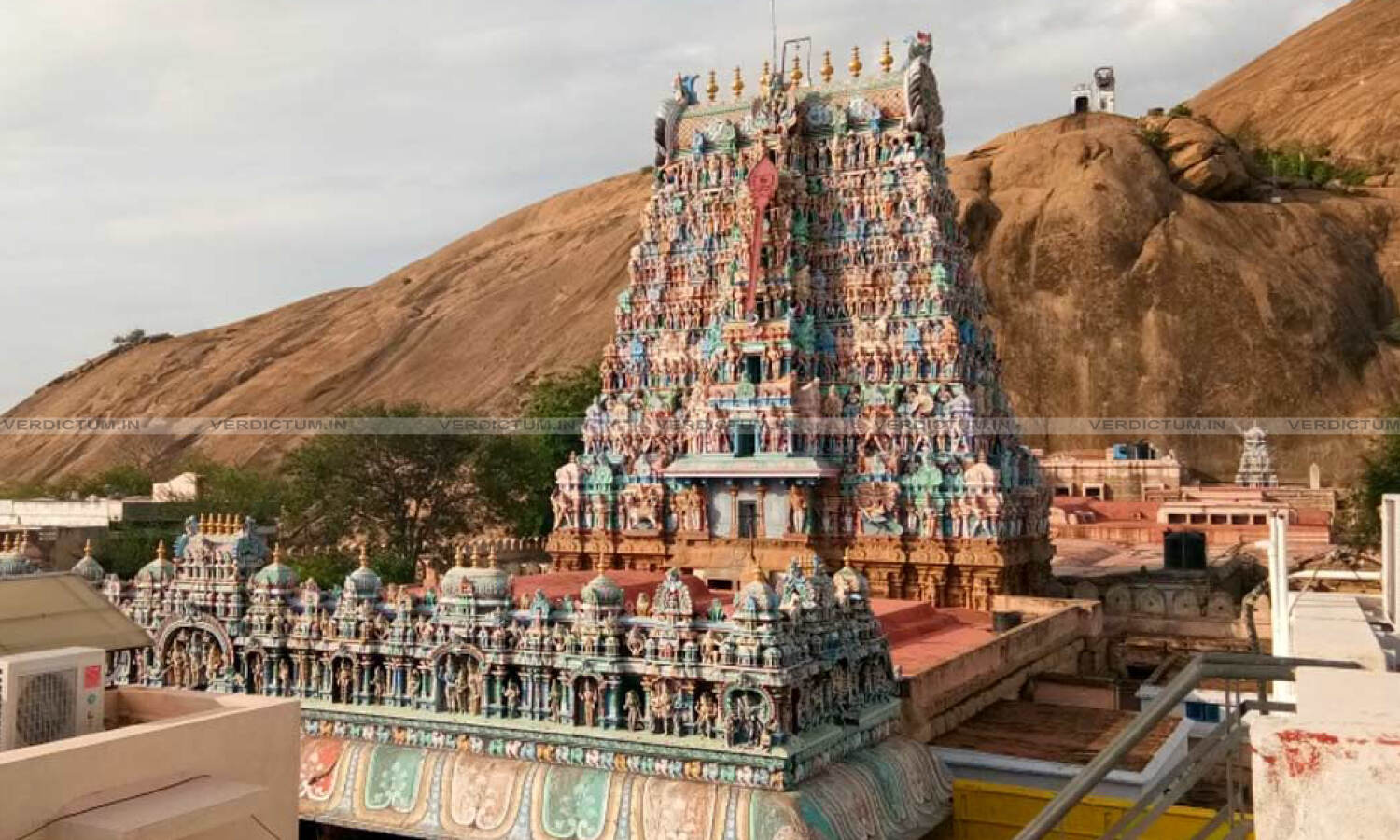
The Madras High Court has delivered a split verdict on the issue concerning animal sacrifice performed by Jamath Members of Sikkandar Badhusha Dargah on Thiruparankundram Hill.
The Madurai Bench was hearing six Writ Petitions out of which two were filed seeking for directions to prevent such an animal sacrifice and also from serving food prepared by animal sacrifice and not to conduct prayer or any other gathering in Nellithoppu at Arulmighu Subramaniaswamy Thirukovil at Thirupparankundram, Madurai District.
Allegedly, during the month of January 2025, the Trustee of Sikkandar Badusha Dargah announced and published notices and also distributed pamphlets stating that on January 18, a function namely “Samabandhi feast” is going to be organized by way of animal sacrifice by cutting goat and hens, in order to bring communal harmony.
Justice J. Nisha Banu observed, “… it is evident that the animal sacrifice in the Dargah located at Thiruparankundram Hills has been prevalent as a religious practice from time immemorial practices not only by Muslims but also by other communities as well. It is also pertinent to note that the Tamil Nadu Animals and Birds Sacrifices Prohibition Act, 1950 was repealed in 2004 by Tamil Nadu Act 20 of 2004. Therefore, as on date, there is no statutory bar against the traditional practice of animal sacrifice at religious places in Tamil Nadu.”
On the other hand, Justice S. Srimathy remarked that the pamphlet stating slaughtering of goat and chicken in Sikkandar Dargah is mischievous and malicious and the same would lead to communal disharmony.
Advocates N. Sundaresan and Niranjan S. Kumar represented the Petitioners while Addl. Advocate General (AAG) Veera Kathiravan, Senior Advocate Isaac Mohanlal, Government Pleader P. Thilak Kumar, Asst. Public Prosecutor (APP) S. Ravi, and Advocate S. Manohar represented the Respondents.
Brief Facts
Apart from the two Writ Petitions, one was filed seeking for appropriate action to provide civic amenities such as proper road, street lights, drinking water supply and toilet in the interest of the public visiting the Dargah and Temple. The other one was filed seeking for a direction from the Respondents not to interfere the Petitioner i.e., Senior Managing Trustee, Hazarath Sulthan Sikkandar Badhusha Avuliya Dargah and Mosque, Thiruparankundram, Madurai District in day to day administration of Hazarath Sulthan Sikkandar Badhusha Avuliya Dargah and Mosque and consequently to direct them not to prevent the Petitioner from carrying the renovation works and construction works in the place of the said Dargah and Mosque situated at the Top Hill of Thiruparankundram.
Another Writ Petition was filed seeking for a Writ of Declaration, declaring the Thiruparankundram Hill, Madurai District as “Samanar Kundru” and to restore and maintain the said Hill as a site of national importance and desist from any act which are against the Jain principles and preachings. The sixth Writ Petition was filed seeking for a direction to the Respondents to take appropriate action to prevent or prohibit the illegal usage of the name of Thiruparankundram Temple Hillock as Sikkandar Malai and to prohibit any kind of animal sacrifice in any manner by anybody upon the hill area with a view to preserve and protect the sacred and holiness of the Hillock Thiruparankundram.
Justice Banu’s Observations
In view of the above facts, Justice J. Nisha Banu noted, “The Thiruparankundram Hill, insofar as the Hindus are concerned and subject to the recognised rights of the Mohammedans, is not vested with any individual or any particular group or association of people, but is vested with Arulmigu Subramaniya Swamy Temple, Thiruparankundram. There is no allegations of violation of the rights of the Temple in respect of the Thiruparankundram Hills, as such rights have been recognised and confirmed by the Civil Courts. Therefore, we find no merit in WP. (MD) Nos. 2277/2025 & 2678/2025.”
She further said that the Dargah is located on the southern side peak of the Thirupparankundram Hill, while the Subramaniya Swamy Temple and Kasi Viswanathar Temple are situated at different locations and thus, no religious practices of one community impinge upon the scared spaces of another.
“… religious practices shall also be continued, if they are traditional, until they do not physically damage the monument or violate the ASI guidelines. Since in the present case on hand, damages have been caused to the Thiruparankundram Hill by unauthorised persons by painting the rocks with green enamel, this Court feels necessary to impose restrictions, on whomsoever it may be concerned, to perform any type of construction or alteration works in the Thiruparankundram Hill, without obtaining proper / necessary permission from the officials of the Archaeological Department”, she added.
Justice Banu also emphasised that rituals, observances, ceremonies and mode of worship are regarded as integral parts of religion, which will even extend to matters of food and dress and no outside authority has any jurisdiction to interfere with such practises.
“Before parting, we feel that in the facts and circumstances of the case, it is necessary to direct the authorities concerned, in order to maintain public peace, harmony and tranquility, to take firm and immediate steps against persons/organisation who attempt to disrupt the same. Accordingly, all the writ petitions stand dismissed”, she concluded.
Justice Srimathy’s Observations
In her dissenting opinion, Justice S. Srimathy observed that if the dargah had followed the practice of Kandoori animal sacrifice, there will be some evidence to prove the same and the dargah had not produced any evidence.
“… the Court is of the considered opinion that the RDO is right in coming to conclusion that the parties ought to approach Civil Court to establish whether Kandoori animal sacrifice was an established practice in Sikkandar Dargah”, she added.
Moreover, she condemned the act involving the people who came to dargah with the malicious pamphlet had painted the Jain caves in green paints and also the sign boards stating “Way to Kasi Viswanathar Temple” was also painted with green paints.
“The official respondents are directed to take action against the persons involved in such malicious act. … Therefore, this Court has held that there is no such practice of Kanthoori animal sacrifice in Sikkandar Dargah. If at all they practice, the dargah may approach appropriate civil court to establish such practice”, she said.
She further ordered that Tirupanrankundram Hill shall be continued to call as Tirupanrankundram Hill alone and Tirupanrankundram Hill shall not be called either as Sikkandar Malai or as Samanar Kundru.
“Any quarrying of the Tirupanrankundram Hill is hereby prohibited. … The Dargah is directed to approach Civil Court to establish their practice of Kandoori animal sacrifice as well as prayer during Ramzan, Bakrith and other Islamic festival was prevailing prior to O.S.No.4 of 1920. However, the dargah is allowed to do the Santhanakodu festival. … Since no body is allowed after 6 pm to Kasi Viswanathar Temple and Sikkandar Dargah, electricity connection is not necessary”, she also directed.
Justice Srimathy was of the view that the hill would be damaged if road, drinking water supply and toilet are granted, and hence the same shall not be granted. However, she said that for drinking water supply, the temple shall carry water manually and also duly instruct the devotees who visit Kasi Vishwanathar Temple to carry water on their own.
In light of the difference of opinion that arose on the legal issue, the Bench placed the case before the Chief Justice for appropriate Orders.
Cause Title- M. Kannan @ Solai Kannan v. The District Collector & Ors. (Case Number: W.P.(MD)Nos.2277, 3703 & 2678 of 2025, 15565 & 23198 of 2023 and 8523/2017)

